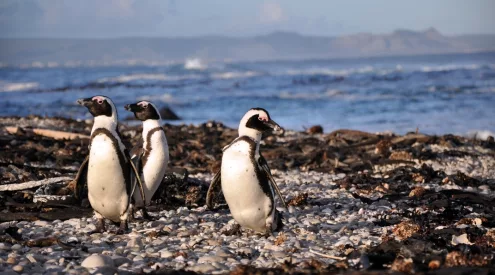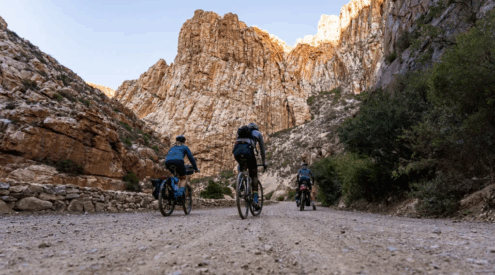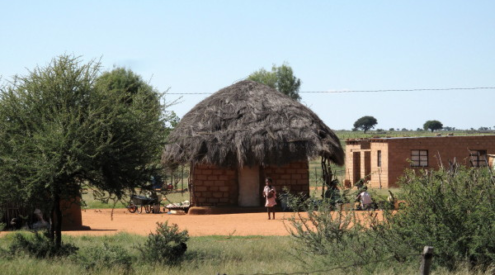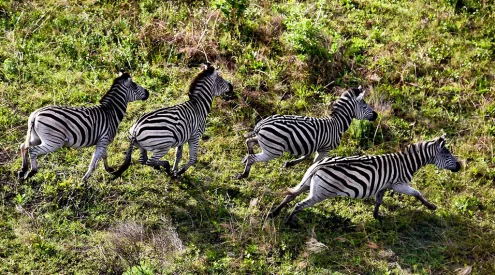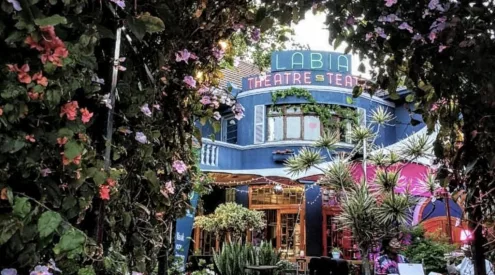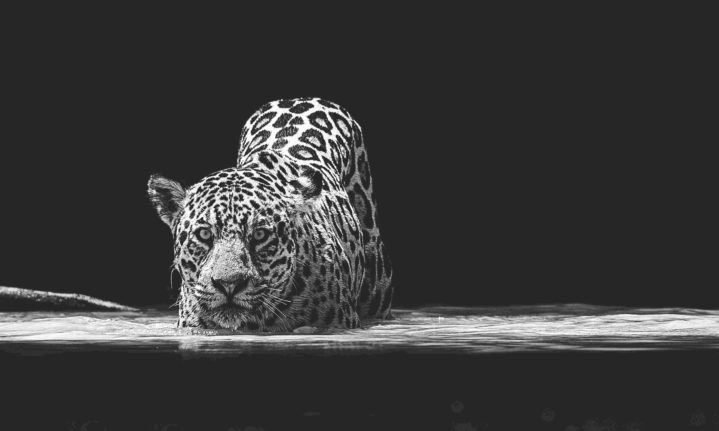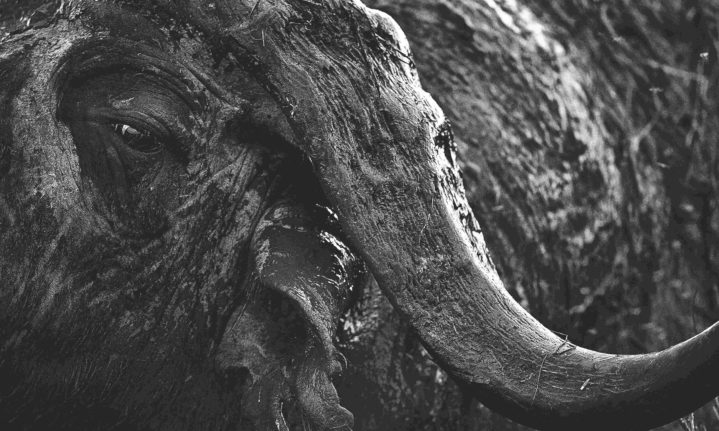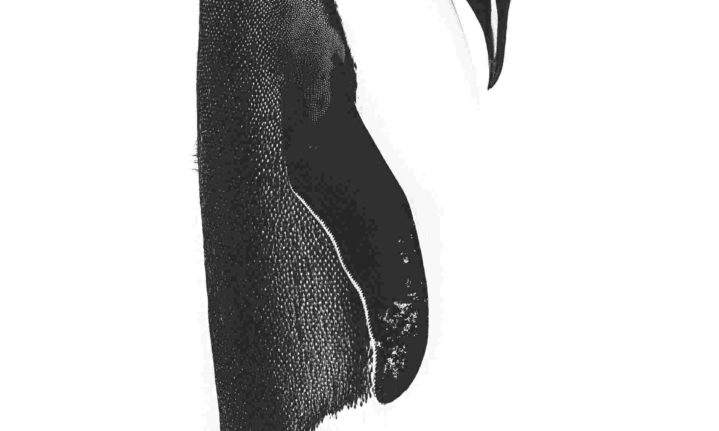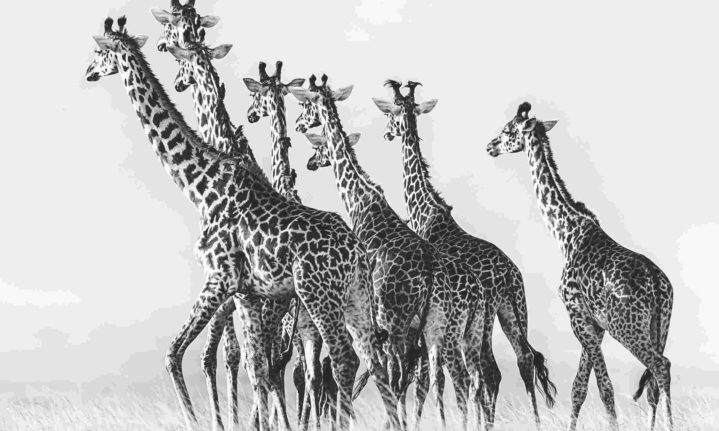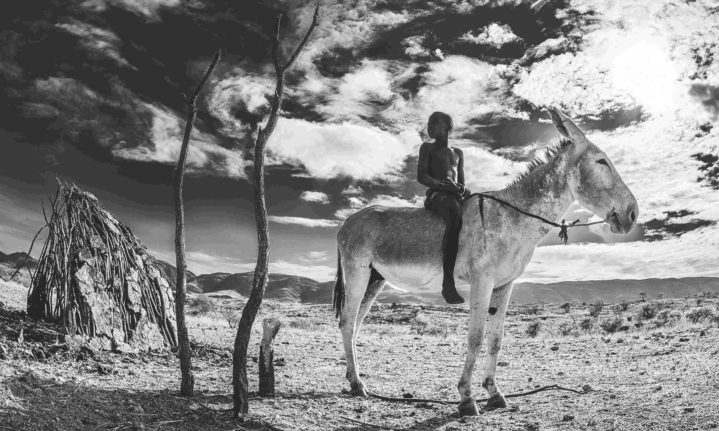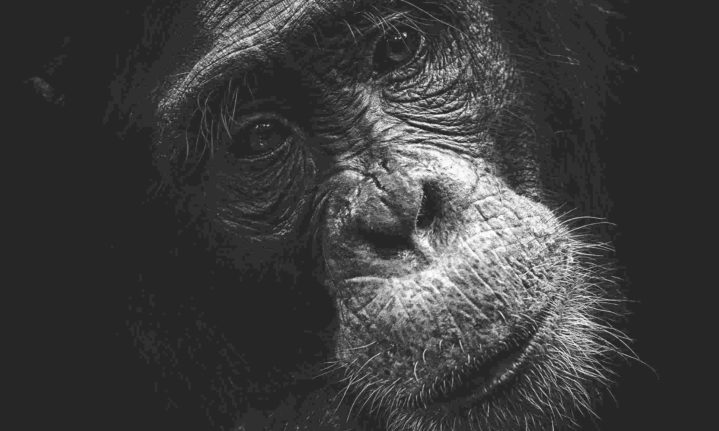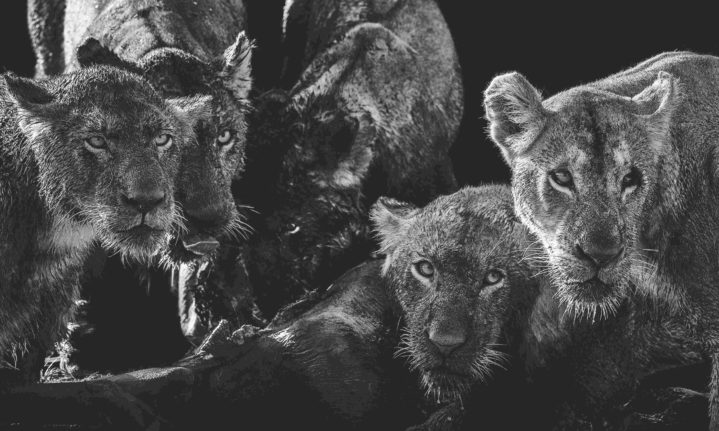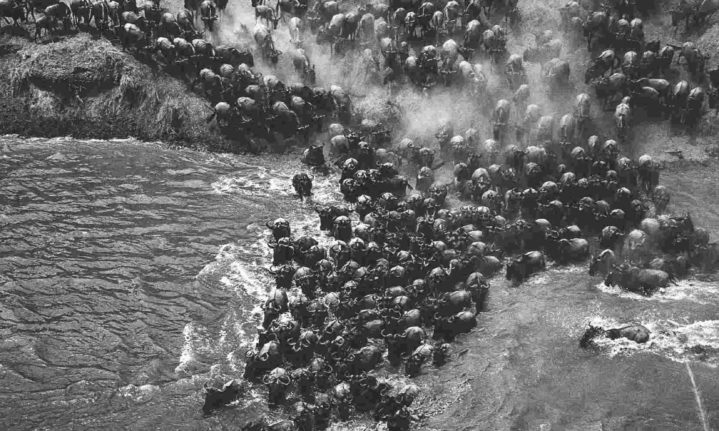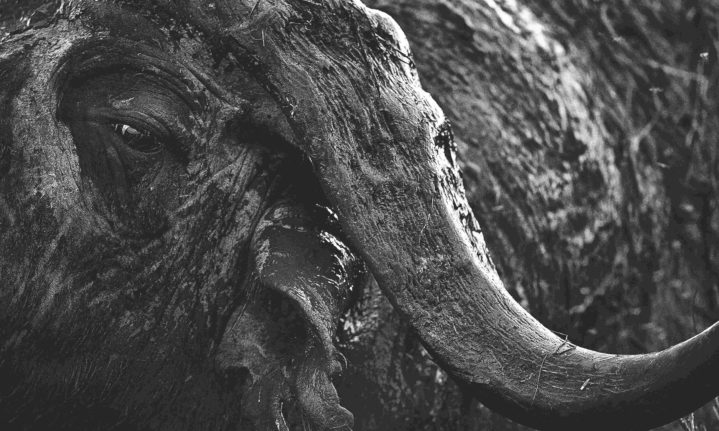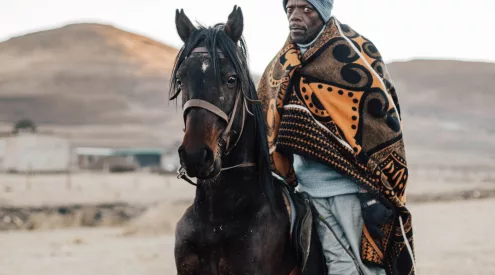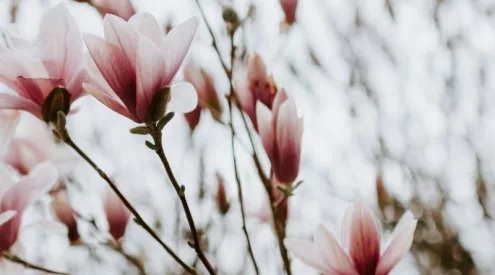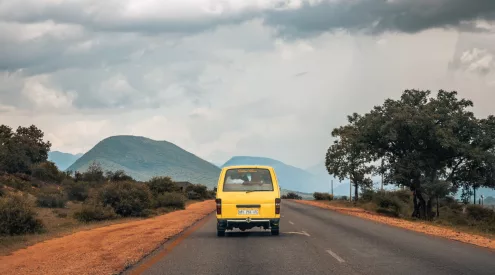Jonathan and Angela Scott are among the world’s most prolific nature photographers. These black and white images from their recent book, Sacred Nature 2: Reconnecting People to our Planet, capture a mere fraction of their extensive project to help humans re-examine their relationship with Earth.
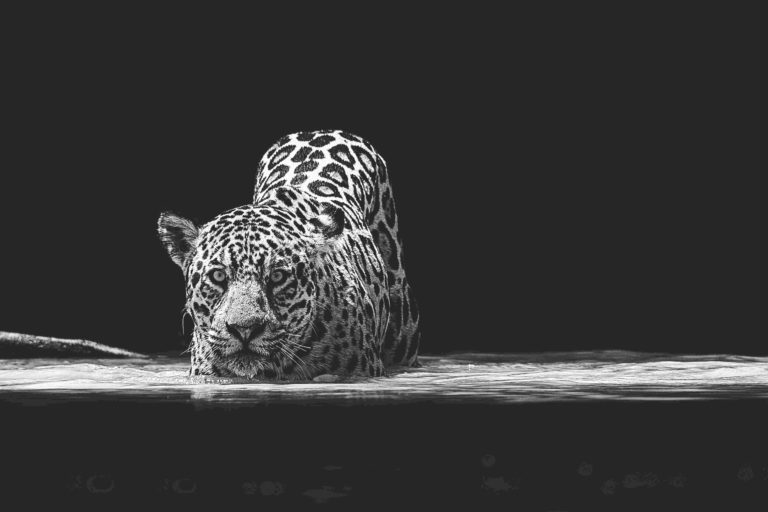
Part of the beauty of Sacred Nature 2 lies in the connections that the Scotts make between natural habitats and the wildlife sustained by them. Jaguars, like this one, photographed in the Porto Jofre area of Brazil’s Pantanal wetlands, are endangered because rainforests are disappearing at an alarming rate. They reiterate that rainforests are irreplaceable habitats for some of Earth’s most iconic creatures – from Borneo’s orangutans to the mountain gorillas in the Virunga Mountains, tigers in India and these South American jaguars. ‘Each one of these charismatic creatures is now endangered, its forest home under threat,’ they write.
Also Read: The Top 20 Modelling Agencies in Johannesburg
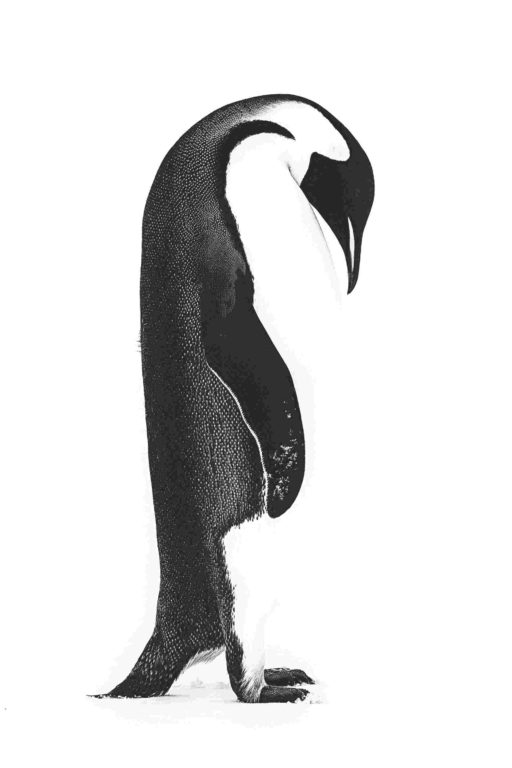
Penguins act as an indicator species of climate change. Scientists warn that emperor penguins – such as this one, photographed on Snow Hill Island in Antarctica’s remote Weddell Sea – could be extinct by 2100 unless the world delivers on limiting global temperature rises to 1.5°C. If that were to happen, the decline would be less than a third.
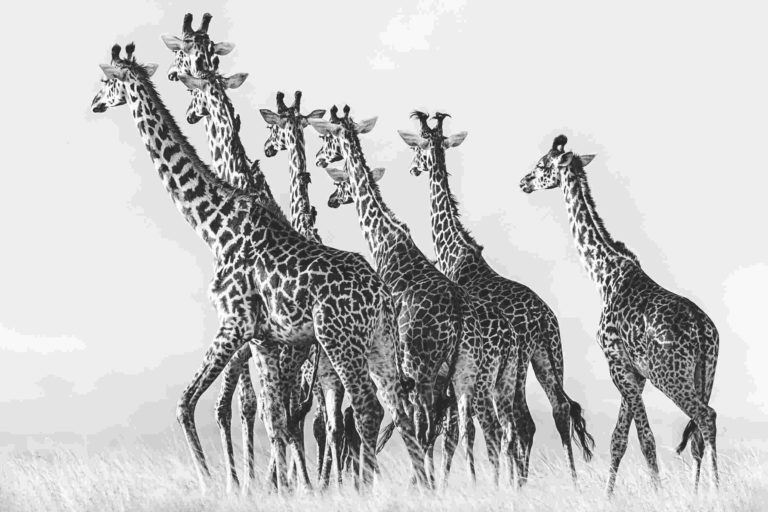
Maasai giraffes, also known as Kilimanjaro giraffes, are one of nine subspecies of giraffes, and the largest, making them Earth’s tallest mammals. Noticeably darker than other giraffes, they are characterised by their large,
brown, oak leaf-shaped patterns. Their number has halved in the last three decades; this journey of giraffes was photographed in the Masai Mara National Reserve in Kenya.
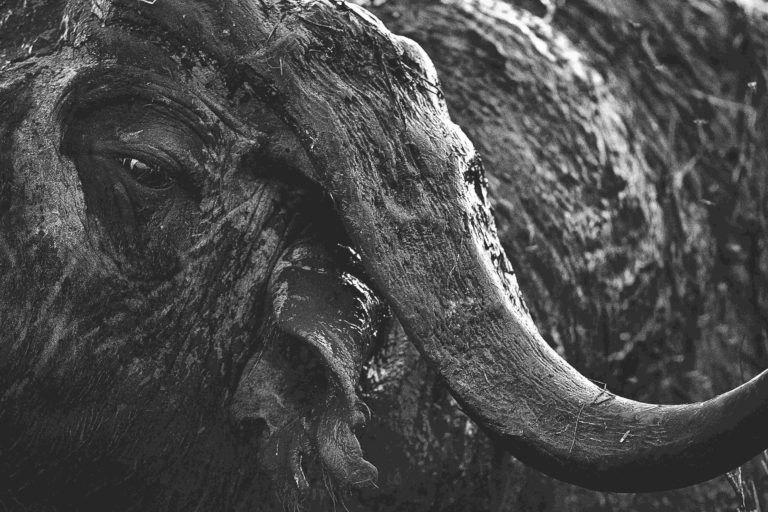
The curved horns of the African buffalo, such as this one photographed in Kenya’s Masai Mara, meet in the middle of their heads where they are joined by a “boss”, a hard shield that creates a helmet-like formation. Coupled with a buffalo’s tricky mood, tanklike size and ability to run at 60km/h, these horns are why buffaloes kill more hunters than other members of the big five and are sometimes referred to as “black death” by said hunters.
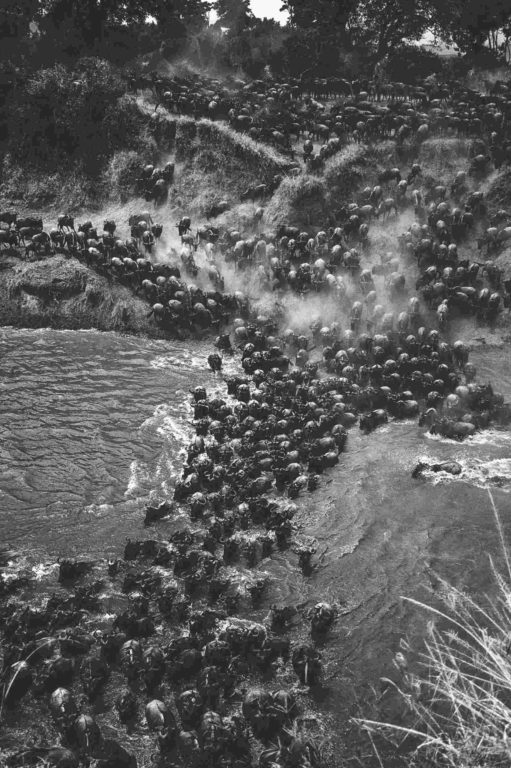
At the heart of the MaraSerengeti ecosystem is a strange-looking creature known as the white-bearded wildebeest or gnu, a veritable lawn mower of an antelope that prefers short green grass with a high leaf-to-stem ratio. Gathered in their hundreds of thousands on the Serengeti’s short grass plains during the rainy season, the wildebeest hordes are a thing of wonder, seen here crossing the Mara River in Kenya
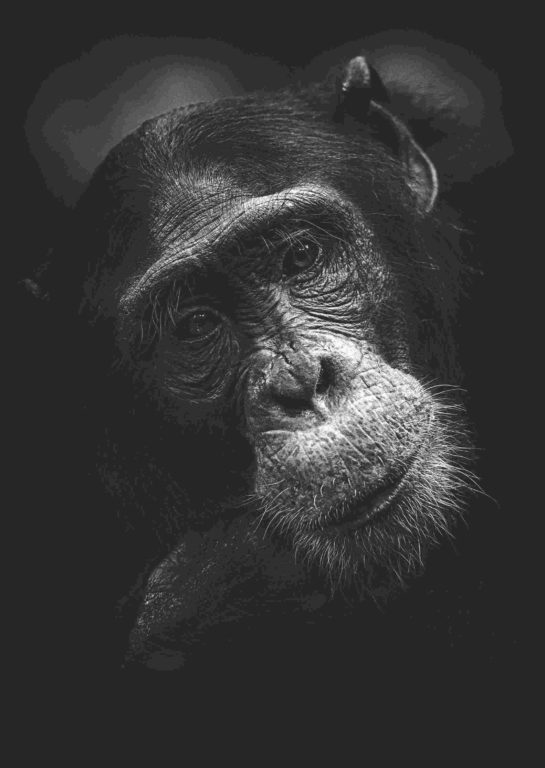
T This chimpanzee was photographed in Uganda’s Kibale National Park, where the moist, evergreen rainforest is home to one of the highest concentrations of primates in Africa. Primate diversity is huge, too, with some 13 species living here. But, as with most primate habitats, Kibale is increasingly under threat, in this case, because of spiralling human encroachment.
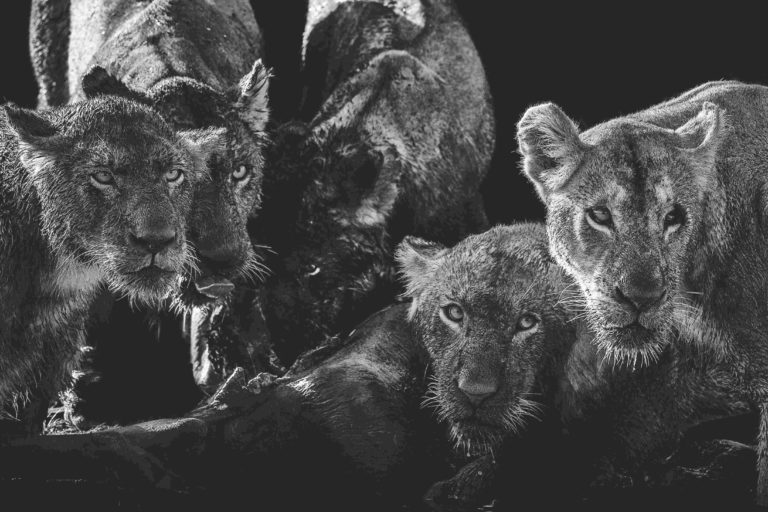
The primal sound of a lion’s roar reaches back to the first stirrings of human consciousness. The primate in us feels the spine-tingling fear of the darkness where big cats stalk their prey softly on padded paws. To Maasai herders who still share East Africa’s savanna with big cats, the call of the wild speaks of an uneasy compact between pastoralist and predator, between people of the daylight and the wild denizens of the night.
Follow us on social media for more travel news, inspiration, and guides. You can also tag us to be featured.
TikTok | Instagram | Facebook | Twitter
ALSO READ: Mind the gap

